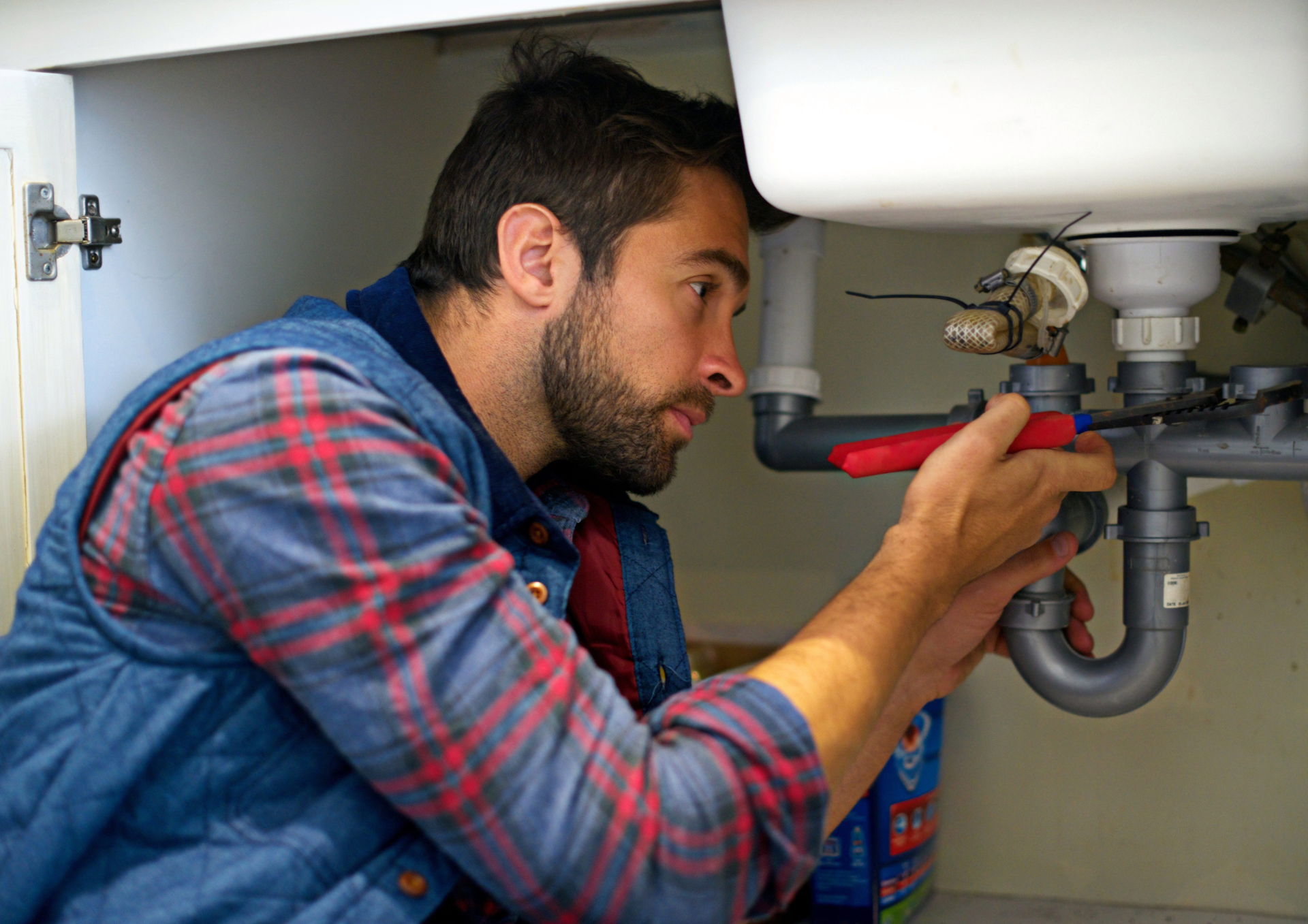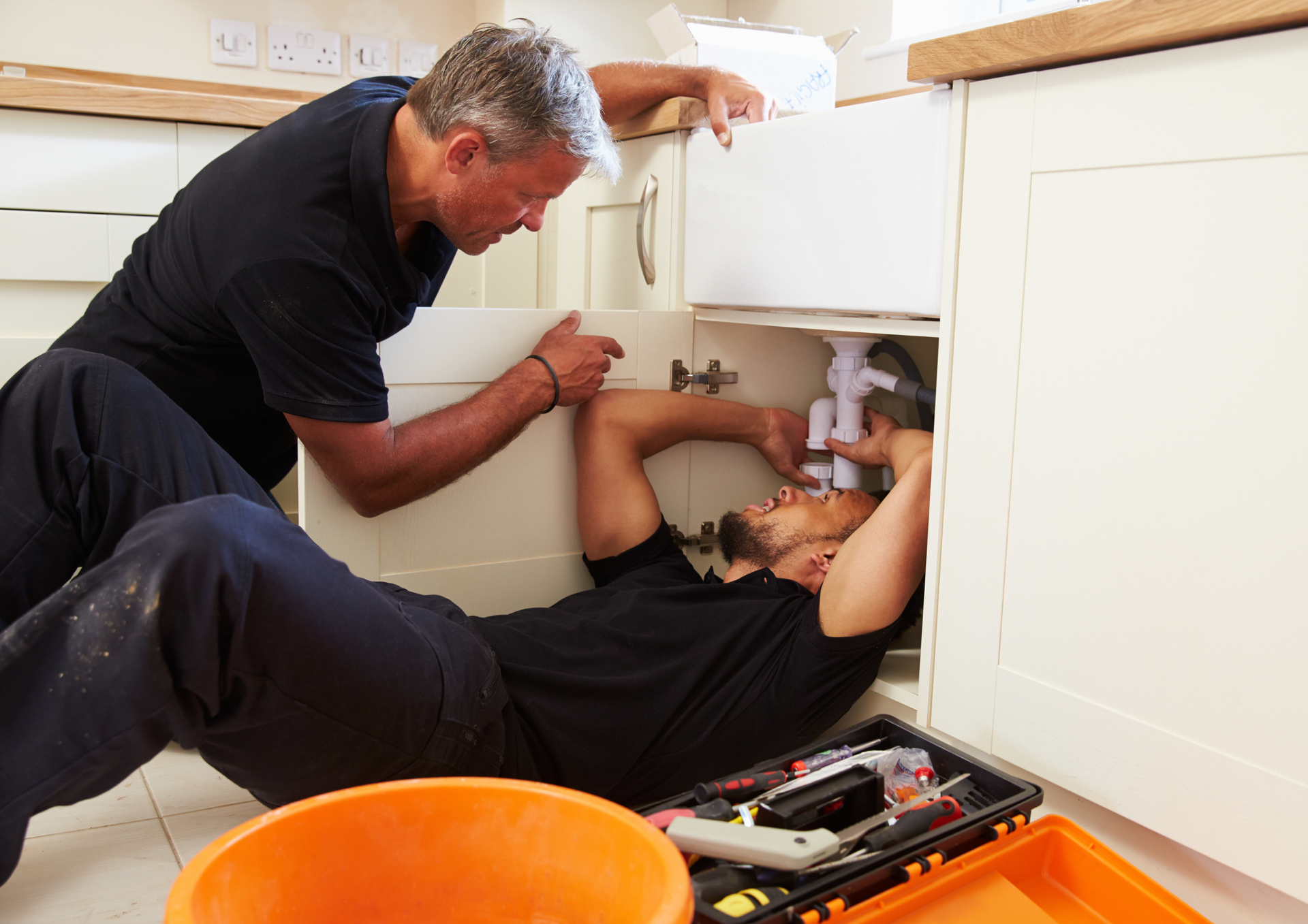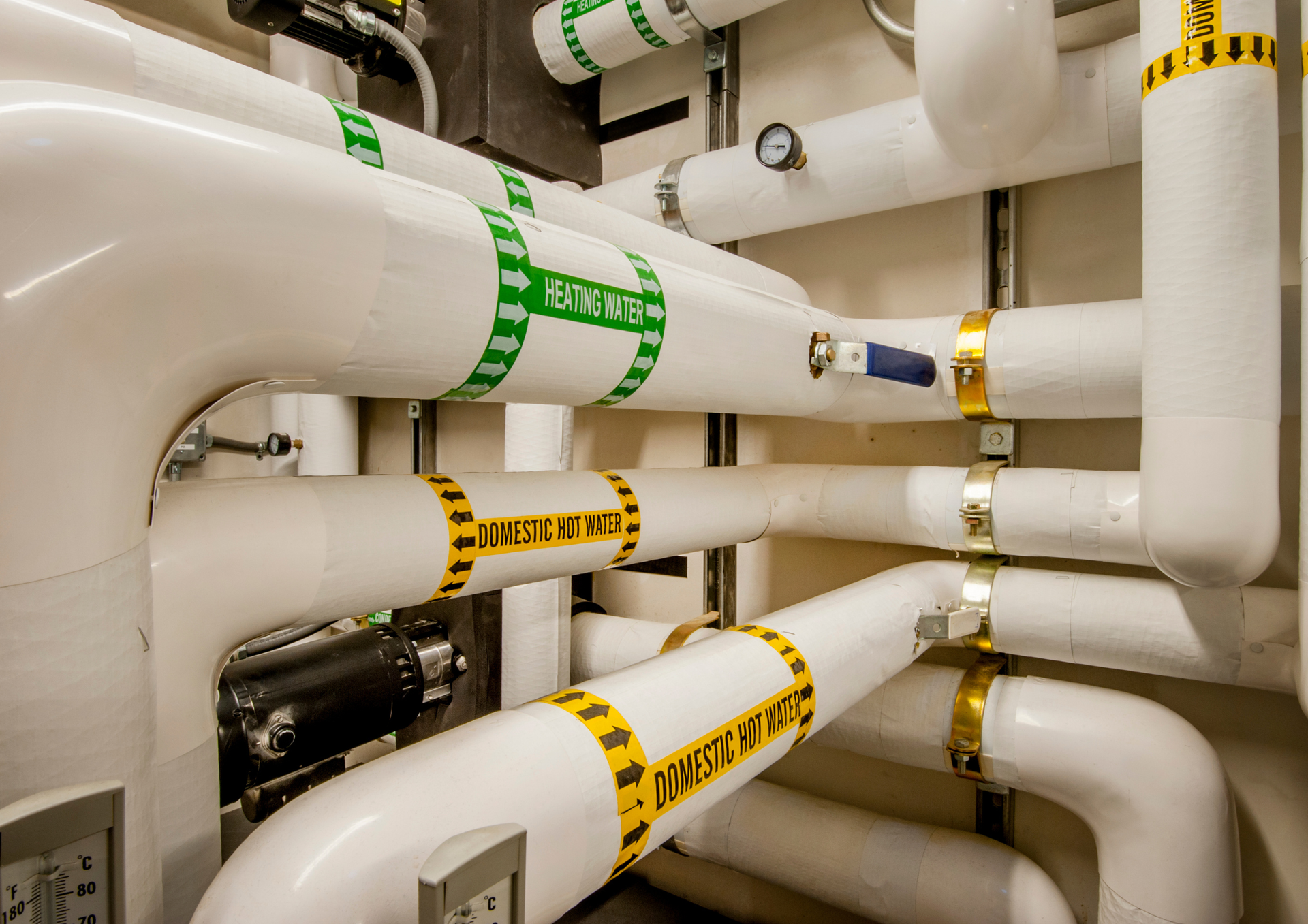Gas vs Electric Boilers – Which Is Best for Homes and Projects?
Choosing between a gas or electric system can be a big decision when installing or replacing a heating solution in your property. Whether you’re managing a home renovation, coordinating an office relocation, or supporting a construction site, it’s vital to choose a system that suits your heating needs, budget, and environmental goals.
This guide compares gas and electric boilers to help you choose the right option.
Understanding the Basics: Gas vs Electric
Both gas and electric boilers are designed to heat water for use in central heating systems and hot water taps. However, how they generate that heat is fundamentally different.
A gas boiler uses natural gas or LPG to heat water through combustion. It’s connected to the main gas grid and is typically seen in traditional UK homes. These models often heat water quickly and are capable of high-demand performance, making them ideal for larger properties.
In contrast, a boiler uses electricity to heat elements inside the unit, which in turn heats the water. There is no combustion process, so there’s no need for a flue or gas supply, making it an excellent option for properties not connected to the gas network.
For smaller homes, modern flats, or temporary setups like site offices and event locations, electric options offer flexibility and cleaner operation. However, they may struggle with high-demand heating needs unless multiple units are used.
Energy Efficiency and Environmental Impact
When evaluating heating options, efficiency and environmental impact are at the top of many people's priorities — especially in an era of increasing energy awareness.
Gas systems are generally less efficient at the point of use because some energy is lost through combustion and venting. However, because gas tends to be cheaper than electricity per unit, overall running costs can still be lower. This makes a gas new boiler an appealing option for homes where high usage is expected, such as multi-room houses or properties with high water demand.
On the other hand, electric models are often considered nearly 100% efficient because all the electricity used is converted into heat. They're a strong contender for eco-conscious property owners, especially when combined with renewable electricity tariffs or solar energy systems.
From an environmental standpoint, electricity produced from renewable sources significantly reduces carbon emissions, making electric units a cleaner choice over time.
Installation Requirements and Costs
One of the most practical considerations is installation. The complexity and cost can vary greatly between gas and electric models. Gas systems require a connection to the gas main, proper ventilation through flues, and compliance with strict regulations. The installation often involves more invasive work, particularly during a boiler replacement where an old system needs upgrading or relocating.
Electric models, by comparison, have fewer installation requirements. There's no need for a flue or gas connection, and units are often more compact. This can make them quicker and cheaper to install, especially in new builds, apartments, or extensions. Electric units are also quieter in operation, which can be a factor in homes or offices where noise is a concern.
That said, electric heating can place higher demand on a property’s electrical infrastructure. In some cases, upgrading the electrical supply may be necessary to support a high-output system.
Ongoing Maintenance and Servicing
Once installed, ongoing maintenance becomes a key factor in the lifetime cost and convenience of your system. Gas units require annual servicing to ensure safety and efficiency. They have more mechanical parts — such as burners and heat exchangers — which can wear out over time. Regular servicing is also a legal requirement for landlords and commercial property managers.
Finding a trusted professional for a boiler service near me ensures peace of mind and long-term reliability. Homeowners and businesses alike are encouraged to schedule checks annually, particularly before winter.
Electric models, having fewer moving parts and no combustion process, typically require less maintenance. There's no risk of gas leaks or carbon monoxide, which makes them inherently safer and simpler to maintain. However, routine checks are still advised to catch any issues early and keep performance optimal.
When to Consider Boiler Replacement
Knowing when to replace your heating system can prevent future breakdowns, save on energy bills, and ensure your property remains warm when it matters most.
For those already on the gas grid with high heating demands, replacing an outdated system with a modern condensing model could be the best approach. For others, particularly in rural areas or newly built properties without a gas supply, electric systems may be the smarter long-term investment.
Always consult with a professional heating engineer before making a decision. They’ll assess your property type, usage needs, and infrastructure to recommend the best solution.
Suitability for Different Property Types
Different properties have different heating demands, so choosing the right system depends on the type of space, usage, and available infrastructure. Here's how gas and electric boilers compare across various settings:
- Large Homes with High Hot Water Demand
- Gas are ideal for homes with multiple bathrooms.
- They maintain water pressure and flow during heavy usage.
- Smaller Homes and Flats
- Electric are compact and well-suited to limited space.
- Perfect for modern flats, garden rooms, and outbuildings.
- Temporary or Mobile Setups
- Electric units are ideal for events, pop-up shops, or site cabins.
- Easy to install and remove without major infrastructure.
- Properties Without Gas Access
- Electric options work well in rural or off-grid locations.
- No need for a flue or gas connection.
- Office Relocations and Commercial Spaces
- Electric systems offer fast setup and flexible use.
- Great for businesses needing short-term, efficient heating.
- Landscaping and Outdoor Projects
- Ideal for temporary facilities needing quick, low-maintenance heating.
- Plug-and-play design suits fast-paced project environments.
When deciding between gas and
electric boilers, there’s no one-size-fits-all answer. It comes down to property size, infrastructure, energy goals, and long-term plans.
Gas systems remain the go-to for larger homes and high-demand environments. They're cost-effective in the short term and well-supported by the current UK heating network. However, their environmental impact and upcoming legislative changes may limit their future use.
Electric systems are cleaner, easier to install, and well-suited to modern lifestyles and compact spaces. Their simplicity and lower maintenance needs make them increasingly attractive for both domestic and commercial use — especially as renewable energy adoption grows.
At
Emergency Plumber Luton, we pride ourselves on delivering expert advice, professional installations, and reliable support for all your heating needs. Whether you're planning a home renovation, managing a construction site, or upgrading your business premises, our experienced team is here to help. From choosing the right unit to arranging safe, efficient installations and servicing, we provide end-to-end support tailored to your project.
With transparent pricing, fast response times, and a reputation for trustworthy service, you can rely on us to keep your property warm, efficient, and future-ready.
Just out on X: Gas vs
electric boilers – the ultimate comparison for homes and projects!



